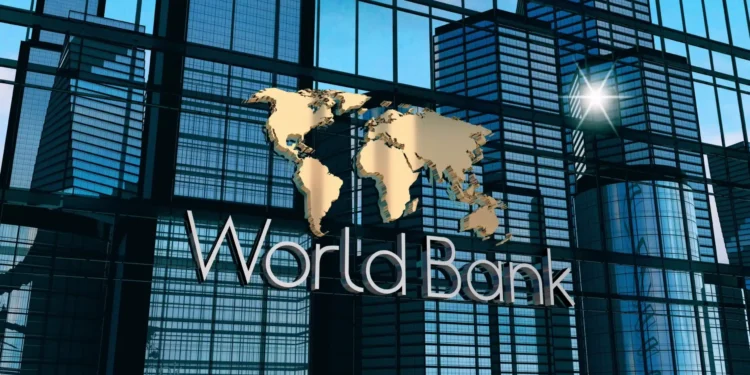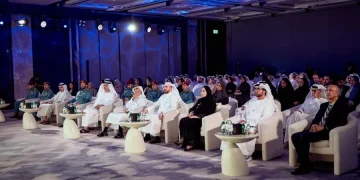The World Bank has opened its new regional hub in Riyadh, on September 23, 2025, Saudi Arabia’s National Day. They’re betting big on a kingdom that has become their largest Arab shareholder and a development success story worth studying.
Saudi Arabia Becomes World Bank’s Middle East Command Center
As Saudi Arabia celebrates another National Day, it also marks 50 years since the World Bank opened its first resident mission in Riyadh back in 1975. What started as a small office with four professionals has grown into a regional powerhouse with over 50 experts supporting both public and private sector projects across the Gulf.
“Riyadh is not only a gateway to the region’s transformation, but also a powerful platform for global knowledge exchange and policy innovation,” said Ousmane Dione, the World Bank’s Vice President for the Middle East, North Africa, Afghanistan, and Pakistan region.
The new hub will serve multiple countries across the region, but Saudi Arabia stands as the anchor. The kingdom has become the first country to use the World Bank’s Reimbursable Advisory Service instrument designed specifically for high-income member countries.
Saudi Women’s Economic Participation Jumps from 24% to 35.8%
The numbers behind Saudi Arabia’s transformation tell a remarkable story. Female labor force participation has surged from 24% in 2019 to 35.8% in 2024, crushing the original Vision 2030 target of 30%.
This represents an 84% increase in women’s economic participation between 2017 and 2023, the highest jump in the entire Middle East and North Africa region. The World Bank supported policy reforms that opened every industry to women, removing barriers that had limited half the population’s economic potential.
The digital transformation has been equally impressive. Saudi Arabia’s UN eGovernment Development Index ranking jumped from 52nd place in 2019 to 6th globally in 2024. The kingdom invested $25 billion in 2025 alone in digital infrastructure, cloud computing, and artificial intelligence.
Vision 2030 Economic Reforms Attract Global Financial Institutions
Saudi Arabia’s Vision 2030 strategy has become a blueprint that other developing nations study. The kingdom implemented over 800 economic reforms designed to reduce oil dependency and boost private sector growth. These changes caught the World Bank’s attention and convinced them to make Riyadh their regional headquarters.
The partnership extends beyond traditional lending. Last December, World Bank President Ajay Banga signed an agreement establishing the first World Bank Group-Kingdom of Saudi Arabia Knowledge Hub in Riyadh. This platform will share Saudi Arabia’s transformation experiences globally while bringing international best practices to the kingdom.
The hub represents something bigger than bilateral cooperation. It positions Saudi Arabia as a knowledge exporter, sharing lessons from its rapid economic diversification with other developing countries facing similar challenges.
World Bank Sees Saudi Arabia as Model for Developing Nations
The relationship between the World Bank and Saudi Arabia has evolved from traditional donor-recipient dynamics to strategic partnership. The kingdom now ranks among the top 20 World Bank donors since the institution’s inception, contributing funds that support development projects worldwide.
This shift reflects Saudi Arabia’s transformation from an oil-dependent economy to a diversified powerhouse investing in technology, tourism, renewable energy, and financial services. The World Bank views this transformation as a template that other resource-rich countries can adapt to their own circumstances.
The social protection system that Saudi Arabia developed with World Bank support now ranks among the world’s most modern delivery systems. These achievements have turned the kingdom into a case study for effective institutional reform and economic diversification.
Looking ahead, the partnership looks to tackle global challenges including climate change, digital inclusion, and sustainable development. Saudi Arabia’s investments in renewable energy and its commitment to achieving net-zero emissions by 2060 align with the World Bank’s environmental priorities.
The Riyadh hub opens as Saudi Arabia enters the final phase of Vision 2030 with strong momentum across multiple sectors. For the World Bank, this strategic positioning offers front-row access to one of the 21st century’s most significant economic transformations.














